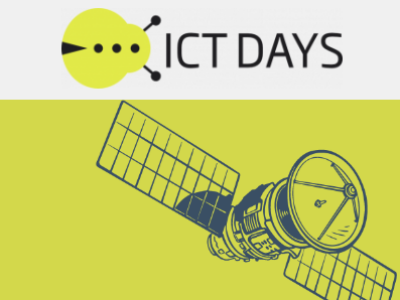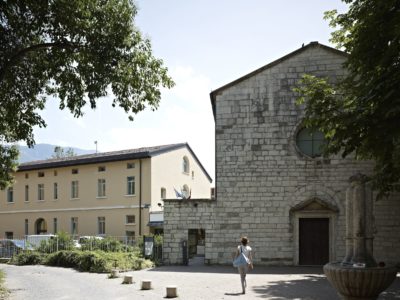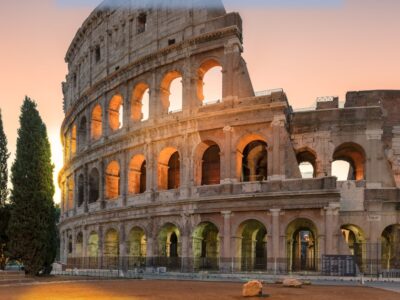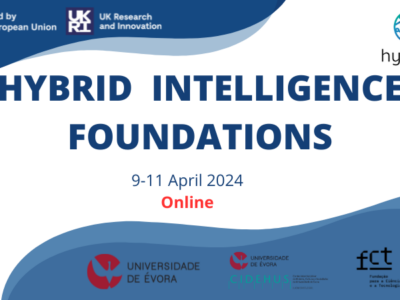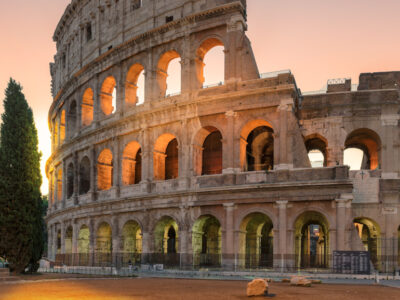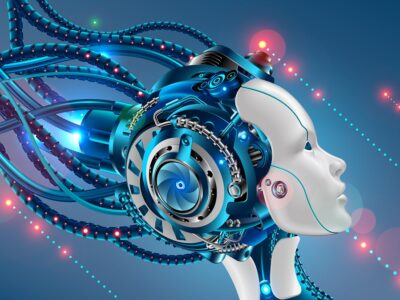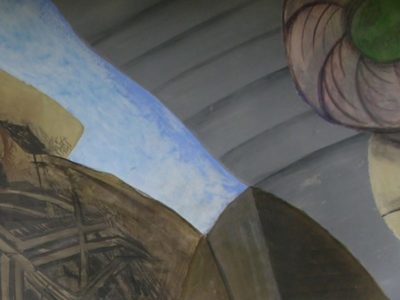Events archive
-
The 2024 edition is dedicated to the topic “Networks: space, land, water” from an ICT perspective.
-
This paper studies the effects of a massive medical fraud in hospitals wards when hospitals started purchasing allegedly diluted antiseptics and disinfectants sold by a large pharmaceutical company in Romania.
-
Arriving in Venice in 1494, the French ambassador, Philippe de Commynes, famously noted, ‘most of their people are foreigners.’ This conference, part of the AHRC project ItalianRose, aims to bring ‘foreigners’ from the margins to the centre of our understanding of the Italian Renaissance.
-
The final conference of the REBE project will present - together with international experts - the results of two years of research on the nature of resilient beliefs. What is it that distinguishes “rational” from “irrational,” “good” from “bad” forms of belief resilience? And what about religious beliefs?
-
The OAuth Security Workshop (OSW) aims to improve the security of OAuth, OpenID Connect, and related Internet protocols by facilitating a direct exchange among academic researchers, standardization group members, and industry experts. Organized by FBK's Cybersecurity Center, co-located with the 2nd International Workshop on Trends in Digital Identity (TDI 2024).
-
This event, related to Hybrid Intelligence (methods, technologies, research approaches), contains training activities to deepen in the theoretical principles of ML and symbolic strategies of knowledge formalization, combined in hybrid systems, so as to improve the quality and interpretability of uses of language models.
-
Workshop organized by FBK's Cybersecurity Center.. Co-located with the 9th OAuth Security Workshop (OSW 2024). Identity management is a critical component in the development and deployment of digital services in a variety of fields, including e-commerce, e-government, healthcare, and financial services.
-
"Modelli generativi del linguaggio: capacità superumane o pappagalli statistici?" con Bernardo Magnini (FBK). Una tra le 5 lezioni online gratuite aperte a tutti per capire cos'è l'Intelligenza Artificiale di cui tutti parlano.
-
On the move, across strange landscapes, early modern European travelers encountered both familiar and strange places and people. In doing so they developed methods of describing landscapes, buildings, and cities in ways that lay the foundations for a sensorial history of space.
-
This paper presents an estimation strategy for the child penalty — the effect of first time motherhood. We further investigate how the 2007 reform in parental benefits in Germany changed the child penalty, how it affects the selection of women into motherhood and how much of the reform effects on labor market outcomes is explained by changes in the composition of mothers.
-
In a seminar linked to the Euregio project “Resilient Beliefs: Religion and Beyond,” Nikolas Kompridis (University of Toronto) discusses the current loss of trust in democracy as an epistemological crisis and asks how to get out of it by creating a new “public” and new political forms. Cycle of seminars: REBE Workshops
-
6° edizione del Festival Agri Risk Management, evento cardine del sistema della Gestione del Rischio in Agricoltura. Con la partecipazione di Raffaele Giaffreda e Fabio Antonelli
